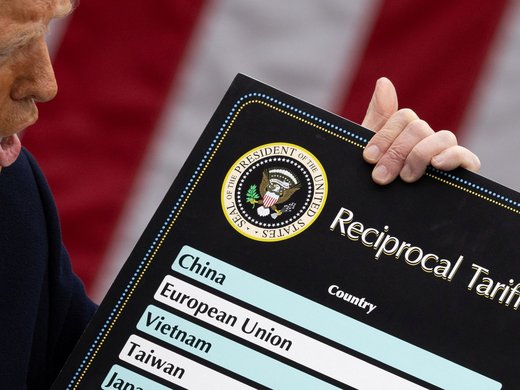Economic, environmental and other international regimes are jointly facing a wicked climate problem. Climate change impacts on human activity and ecosystems have the potential to jeopardize attaining shared goals of these different regimes, and yet can only be addressed by overcoming the division and occasional conflict between their different stakeholders and areas of focus. Discussions have begun in the hallways on how trade law could best be leveraged to bring the international community together to prevent climate-related harms. This paper argues that World Trade Organization (WTO) fisheries subsidies negotiations should be a priority area for those practitioners and researchers building links between trade and climate law. It is submitted that successful fisheries subsidies reform will directly contribute to the implementation of the Paris Agreement and to the delivery of Sustainable Development Goal (SDG) 13 (“Take urgent action to combat climate change and its impacts”), given the important synergies that exist between the transformation of fisheries subsidies and climate mitigation and adaptation. Furthermore, fisheries subsidies negotiations are of crucial importance for international climate law because they can provide a case study to learn from and increase chances of success with fossil fuel subsidy reform.
This paper provides a brief historical overview of trade law negotiations aiming to reduce and reform fisheries subsidies, and shows the important synergies that exist between reforming fisheries subsidies and implementing the Paris Agreement as well as the SDGs. The paper then extracts five drivers for success that can be observed from the current process of fisheries subsidies reform: leadership of key countries and of the WTO Secretariat itself; meticulous academic, scientific and policy background analysis; commitment by civil society and the private sector; the development of alternatives to those subsidies that encourage overfishing; and inter-regime learning. Lastly, the paper discusses the transferability of these drivers for success to prevent climate harms and to address more general challenges encountered in both the climate and trade regimes.


